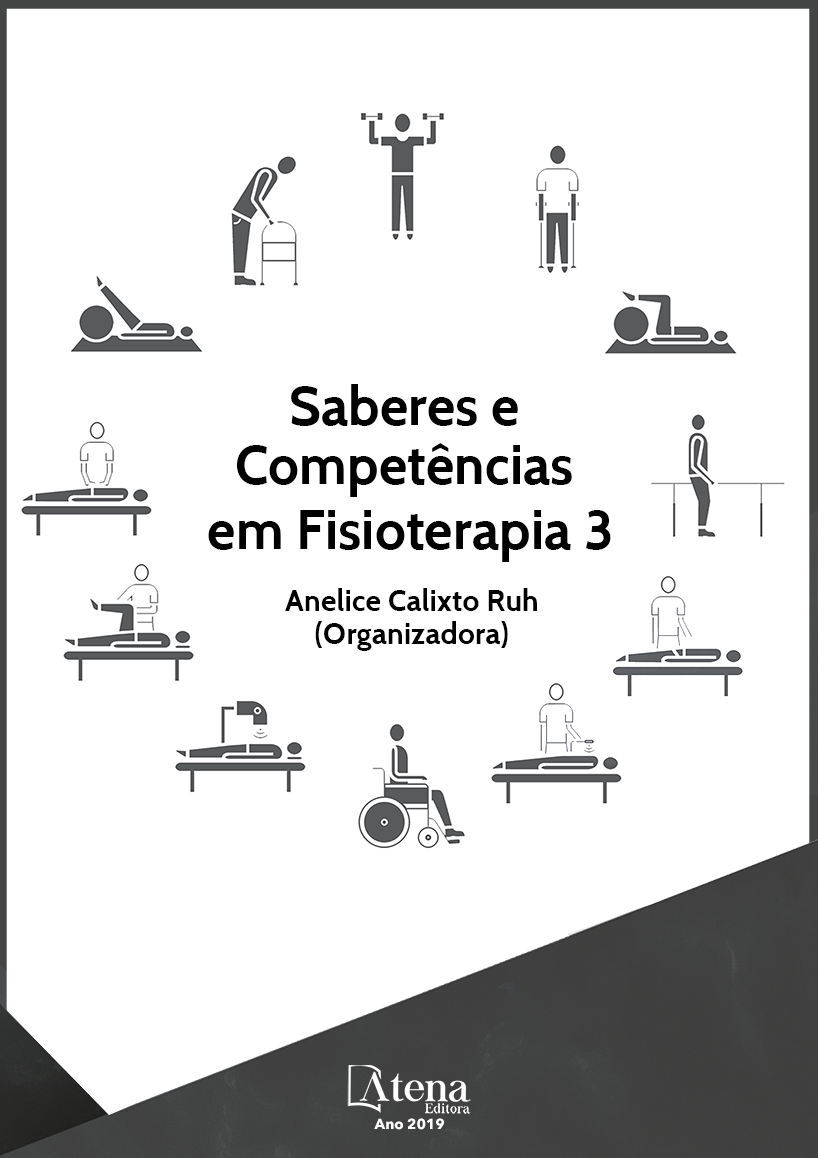
LEVANTAMENTO ETNOFARMACOLÓGICO DAS PLANTAS MEDICINAIS VENDIDAS EM FEIRAS, ESTABELECIMENTOS COMERCIAIS E MERCADOS, COM FINALIDADES PARA O SISTEMA DIGESTIVO E ANTIINFLAMÁTORIO REALIZADO NA CIDADE DE SÃO LUÍS – MA
A história do uso de plantas
medicinais tem mostrado que elas fazem parte
da evolução humana e foram os primeiros
recursos terapêuticos utilizados pelos povos.
As propriedades medicinais das plantas
representam fator de grande importância
para a manutenção das condições de
saúde das pessoas, por exemplo, regular o
funcionamento do aparelho digestivo, atuar no
processo inflamatório, assim como na resposta
imunológica do organismo. Este trabalho
teve como objetivo registrar as indicações
terapêuticas, as formas de uso e a importância do
conhecimento popular através de levantamento
etnofarmacológico das plantas digestivas e antiinflamatórias,
utilizadas para fins medicinais
na cidade de São Luís/MA. Foi realizado
uma coleta de dados com listagem livre e
entrevistas semiestruturadas com informações
tais como: nome popular e cientifico. Nesta
pesquisa observou–se que o principal meio de
utilização das plantas medicinais apontam a
preparação em forma de chá (cascas, folhas e
flores) que foram pautadas e enumeradas em
planilhas. Após visitas em feiras (4), mercados
(3) e estabelecimentos comerciais (8), foram
catalogadas diversas espécies quanto ao uso
medicinal, referente ao sistema digestivo com
destaque para (Peumus boldus, Matricaria
recutita, Cymbopogon citratus, Camellia
sinensis); anti-inflamatório obteve-se (Schinus
terebinthifolius Raddi, Copaifera langsdorffii,
Zingiber officinale). Conclui-se que não existe
um consenso entre o conhecimento popular e a
literatura. É necessário pesquisas e treinamentos
para o esclarecimento de informações sobre as
ações das plantas, a garantia de acesso seguro
e uso racional.
LEVANTAMENTO ETNOFARMACOLÓGICO DAS PLANTAS MEDICINAIS VENDIDAS EM FEIRAS, ESTABELECIMENTOS COMERCIAIS E MERCADOS, COM FINALIDADES PARA O SISTEMA DIGESTIVO E ANTIINFLAMÁTORIO REALIZADO NA CIDADE DE SÃO LUÍS – MA
-
DOI: 10.22533/at.ed.44019200818
-
Palavras-chave: Plantas medicinais. Inflamação. Digestivo. Uso popular.
-
Keywords: Medicinal plants. Inflammation. Digestive. Popular usage.
-
Abstract:
The history of the use of medicinal plants has shown that they are part
of human evolution and were the first therapeutic resources used by the people.
The medicinal properties of the plants represent a factor of great importance for
the maintenance of the health conditions of the people, for example, to regulate the
functioning of the digestive system, to act in the inflammatory process, as well as in
the immune response of the organism. The objective of this study was to record the
therapeutic indications, the forms of use and the importance of the popular knowledge
through an ethnopharmacological survey of the digestive and anti - inflammatory
plants used for medicinal purposes in the city of. A collection of data with free listing
and semi-structured interviews with information such as: popular and scientific name
was performed. In this research it was observed that the main means of use of the
medicinal plants point to the preparation in the form of tea (bark, leaves and flowers)
that were ruled and listed in spreadsheets. After several visits to fairs (4), markets (3)
and commercial establishments (8), several species were cataloged for the medicinal
use, referring to the digestive system with emphasis (Peumus boldus, Matricaria
recutita, Cymbopogon citratus, Camellia sinensis); anti-inflammatory was obtained
(Schinus terebinthifolius Raddi, Copaifera langsdorffii, Zingiber officinale). We conclude
that there is no consensus between popular knowledge and literature. Research and
training is needed to clarify information about the actions of the plants, guaranteeing
safe access and rational use.
-
Número de páginas: 15
- Silvana Luiza Pires Furtado
- Rayanne Jordanne Ericeira Cardoso
- Rose da Costa Dias
- ELIZANGELA ARAUJO PESTANA MOTTA


